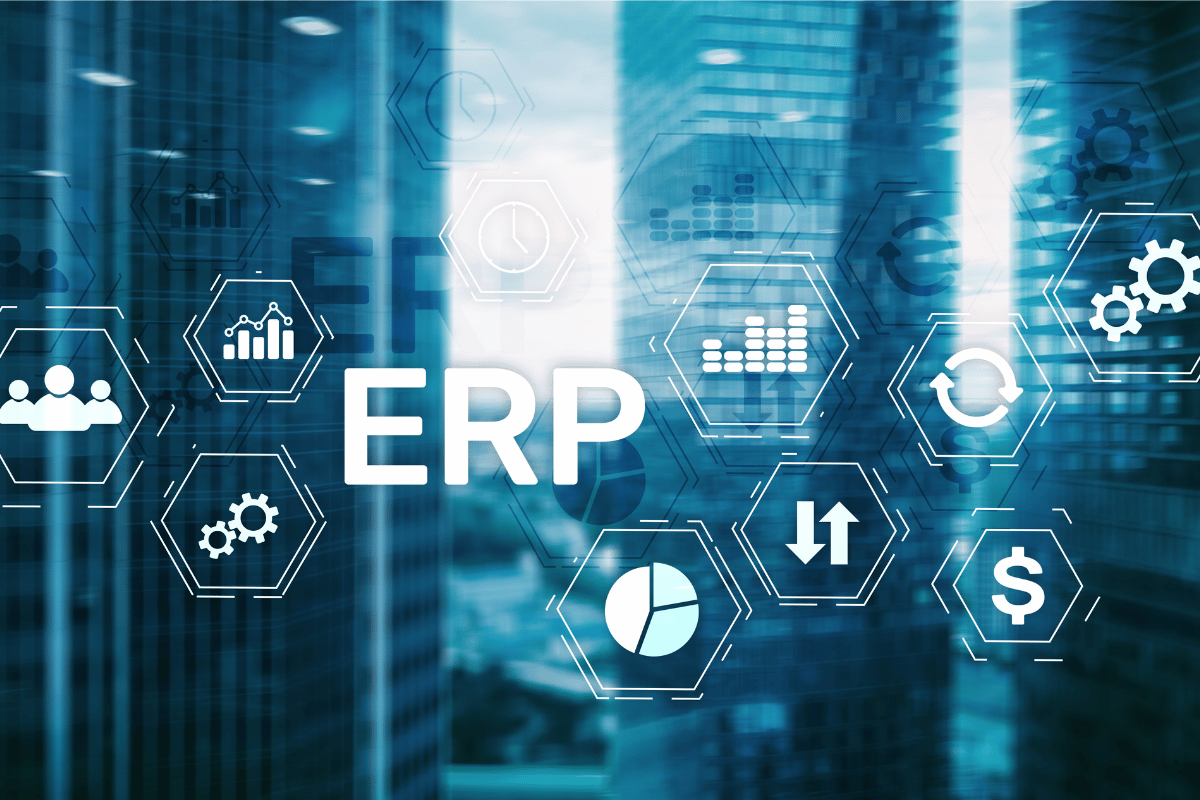Enhancing Professional Skills with ERP Systems
The business world is competitive, to say the least, and if you want to get ahead in the race, you’re probably constantly trying to find innovative ways to improve your team’s capabilities.
Professional development is crucial, so it makes sense that new options for it emerge on a daily basis. But have you ever thought of using an ERP for educational purposes?
ERPs are famous for streamlining many different business operations, but they’re also a great educational tool if they have HR or talent management modules. Along with financial, supply chain, and operational processes, you’ll also find training programs that can systematically track and improve employees’ skills.
We’ll explore the versatile role of ERP systems in professional development and show you how they help in personalizing learning paths, monitoring progress, and making training sessions more effective.
ERP Systems and Professional Training
ERP systems are ideal for managing data; some of them can do a lot in terms of professional training because they integrate training modules right into the daily business tools your team uses (you’ll need to get an ERP system with HR functionalities or integrate it with an LMS).
This means, whenever someone needs a refresher or they have some extra time, they can access a customized training module and make training a more convenient and immediate part of their workday.
Integrating training into familiar tools will make the learning process simpler and help your employees apply new skills right away.
The benefits are really clear – streamlined training delivery, real-time updates, and being more up-to-date with current industry practices, all within the systems your team uses every day.
ERP implementation cost is another critical factor businesses must consider when allocating resources. Also, it is worth pointing out that according to the Training Industry Report, in the US alone, over $101.8 billion has been spent on training expenditures. And more than 40% of companies reported an increase in their training budgets. These staggering numbers just show both how competitive the market is and how much businesses are willing to invest in the development of their employees.
Tracking Skills and Certification
An ERP system, like those you’ll find with a NetSuite solution provider, can be a great way to track an employee’s skills and certifications. It’ll keep detailed records and this can be very handy for managers to see which employees are doing well and which need more training.
As an example, let’s say you have a marketing team where some of the members need advanced analytics training; the ERP system can pinpoint who those members are based on their current qualifications and past training logs.
This kind of precision is extremely important for anyone that wants their career to progress because it can give insights into development opportunities. An ERP system can also point to skill gaps within a team.
Suppose a project needs people who are experts for a certain kind of software; the ERP system quickly finds employees who don’t have that skill set so you can train them on time.
Customized Development Paths
An ERP system can use an employee’s performance data and provide personalized career development paths. If it identifies that there’s an employee who’s particularly good at creative tasks but needs some work with data analysis, it can suggest specific training that is tailored to that.
This could be online courses or workshops, all managed within the ERP system.
Basically, it will directly link an employee’s performance with customized training programs to make sure that the plan is individualized, but still in line with the company’s goals.
Using Analytics for Training Effectiveness
Some ERP systems have tools that track and analyze training data. They collect information on participation, progress, and performance before and after training, so they can clearly show how effective certain programs are.
You can use this data to refine the training programs and make them better suited for what your employees need (cover their weaknesses and bolster their strengths).
Case Studies
Examples can help illustrate how ERPs can improve professional development in different types of businesses.
Take a small manufacturing company, for example. They can use an ERP system to integrate training directly into their daily operations and offer on-demand training sessions that are adjusted according to each employee’s role, which will improve the employees’ skills, whatever the type. The company can also track the progress and ensure everyone gets educated on a continuous basis.
Then, think of a large multinational corporation that has the intention of training its employees, but it’s a challenge since they have offices worldwide.
With an ERP system, it’s a piece of cake; the companies can integrate an ERP system with existing training tools, centralize the training programs, and provide quality training to all employees.
A noteworthy case study involves large corporations such as Nestlé and Cisco Systems, where, post-ERP implementation, both have reported significant improvements in various departments (e.g., inventory management, financial consolidation, customer service, etc.) by streamlining operations and supporting data-driven decision-making.
Those improvements translate into colossal numbers when it comes to giant companies such as these two.
But, regardless of the size of your business, an ERP system makes educating employees easier, which in turn turns into efficiency and (ultimately) profit.
Conclusion
Every business can benefit from an ERP, but if they use an ERP with HR and LMS modules, they’ll have staff that’s better educated and will have an edge over their competitors.
An ERP system can help employees grow and adapt on a continuous basis, which will result in better performance and a stronger, more capable team.
Your company can’t progress unless your team does, too, so the next time you struggle with training, or you’re trying to find ways to personalize your team’s development, try giving an ERP system a try.
It’s unlikely you’ll be looking back once you do!







